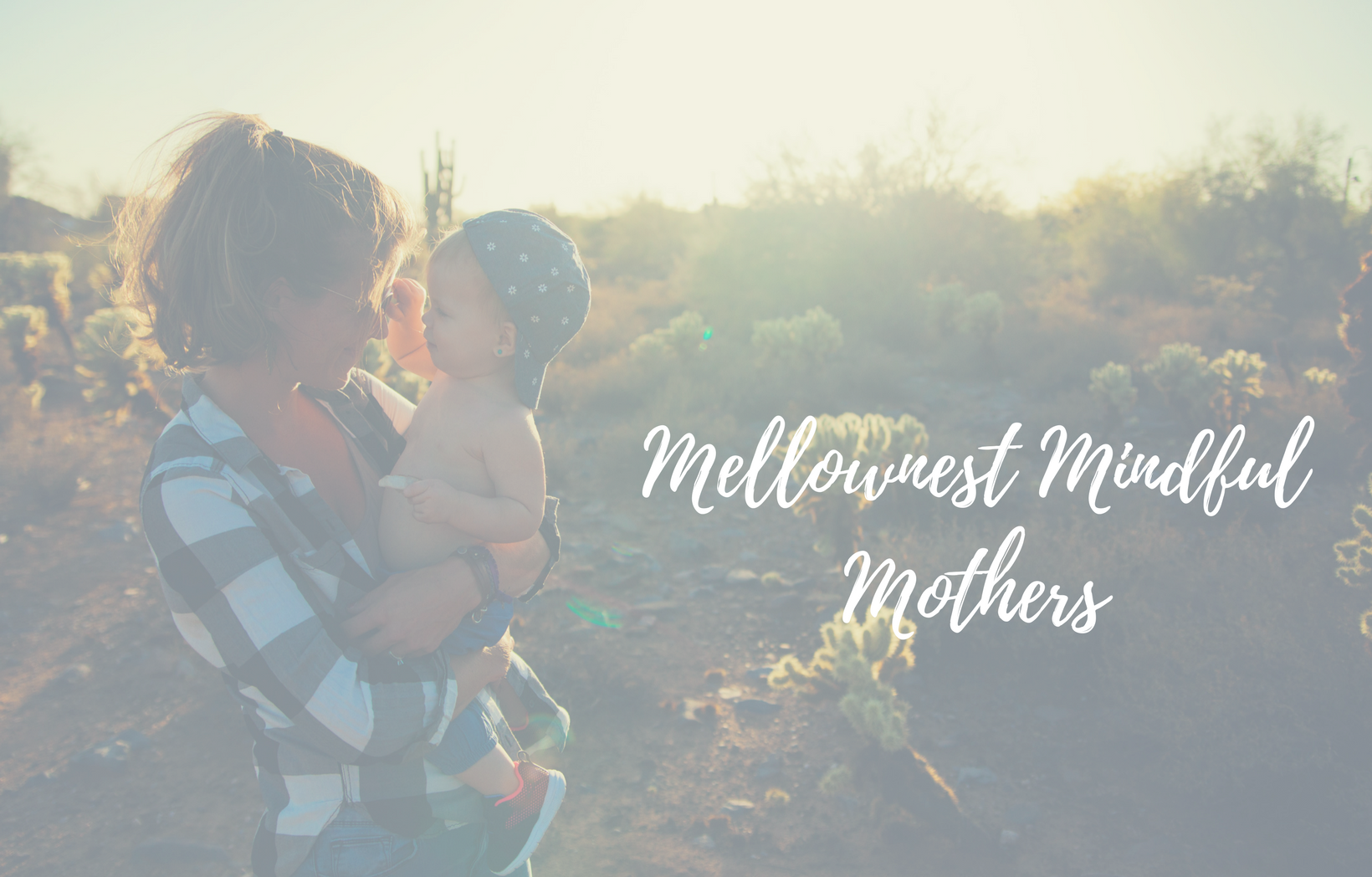3 loving things to say to your kids every day
Have you ever stopped to think about just how many words you say to your child every day?
Even just by the end of the morning you’ve probably racked up a pretty decent number of exchanges – between getting them out of bed, getting them dressed, getting their breakfast ready and getting them out of the door, countless words will no doubt have left your mouth.
And those exchanges are all well and good – they all serve a purpose – but they don’t give you a whole lot of room for enhancing your relationship with your child (especially when you’re in a hurry).
Granted, there are some things that must be said (just to be able to get things done if nothing else!) and we know that they way you speak to your child can have powerful effects, almost regardless of what you’re saying.
But sometimes it’s crucial to focus on the words.
When you speak to your child and your sole intention is to make a connection, you can literally take that connection to a whole new level.
RELATED POST: EASY CONNECTION ROUTINES FOR HAPPIER KIDS
We all know how we feel when someone speaks to us and we just know that their intention is to make us feel good, to make us feel better about ourselves and to make us feel loved.
And it’s no different for our children.
Telling your child you love them is a surefire way of making them feel good and feel loved.
Here are just a few other ways of saying it:
“I love being your mum/dad”
This is different to just saying “I love you”. When you tell your child that you love being their parent, you communicate how privileged you are to have that role. That you’re lucky to have them as your child, and not someone else. There’s an extra layer in that; one that goes beyond just expressing that you love them.
Try it and see if you get a different reaction to simply saying “I love you”.
“Something I love about you is…”
You might find that you get asked “Why?” in response to saying you love being their parent! And this would be the perfect way to respond.
The best way to complete this sentence would be to describe something your child does or something about the kind of person they are as opposed to a physical feature.
Recognising and admiring their personal qualities and character traits is vital for supporting the development of these.
“It’s so nice to see you”
For when you connect after a separation. It’s another way of saying “I missed you”, but the emphasis is on how being reunited with them makes you happy.
And it doesn’t matter how long they’ve been away from you for or why – whether it’s on picking them up from nursery or school, when they wake up in the morning, or when they just come back into the same room as you, the meaning is the same.
We know the importance of strong, secure attachments – the research and evidence are clear on that.
What's just as important is being mindful about how we develop these attachments with our children.
Connecting with your child in a warm and loving way helps to develop their confidence and resilience, not to mention their own ability to communicate.
And these three tips are just a starter for ten.


